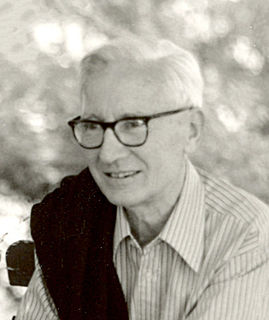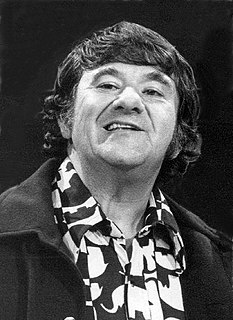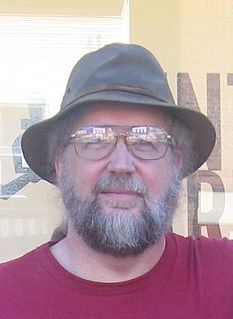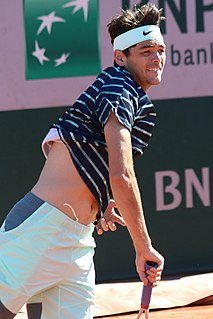A Quote by Nikolaas Tinbergen
As a boy, I had two small aquaria in our backyard in which I watched, each spring, the nest building and other fascinating behaviours of sticklebacks.
Related Quotes
It was in the spring that Josephine and I had first loved each other, or, at least, had first come into the full knowledge that we loved. I think that we must have loved each other all our lives, and that each succeeding spring was a word in the revelation of that love, not to be understood until, in the fullness of time, the whole sentence was written out in that most beautiful of all beautiful springs.
They had each other and there was a love between them that would withstand anything. Alina and I had always intuited, with no small wry pique, that, although our parents adored us and would do anything for us, they loved each other more. As far as I was concerned, that was the way it should be. Kids grow up, move on and find a love of their own. The empty nest shouldn't leave parents grieving. It should leave them ready and excited to get on with living their own adventure, which would, of course, include many visits to children and grandchildren.
You want to know what makes me tick, I'll tell you what makes me tick. I was a boy growing up in Brooklyn; I read a two-penny magazine called 'The Hawk's Nest.' Nobody entered that nest that didn't leave a little richer and a little wiser. And that 11-year-old boy said, 'Isn't that a wonderful thing.' And that's all there is to it.
I, as a storyteller, was asking questions no one in science had apparently asked. What happens in a nest of tyrannosaurs? They're precocial, meaning when they hatch, they're ready to feed and move about. My questions are "Hmm, if there's a nest of tyrannosaurs, and there's three siblings that survive, would they try to eat each other?"
It has become a common feeling, I believe, as we have watched our heroes falling over the years, that our own small stone of activism, which might not seem to measure up to the rugged boulders of heroism we have so admired, is a paltry offering toward the building of an edifice of hope. Many who believe this choose to withhold their offerings out of shame. This is the tragedy of the world. For we can do nothing substantial toward changing our course on the planet, a destructive one, without rousing ourselves, individual by individual, and bringing our small, imperfect stones to the pile.
That night, like every other night since I’d met her, I curled Grace into my arms, listening to her parents’ muffled movements in the living room. They were like busy little brainless birds, fluttering in and out of their nest at all hours of the day or night, so involved in the pleasure of nest building that they hadn’t noticed that it had been empty for years.
I'm a small town boy from a place not too different from Farmville. I grew up with a corn field in my backyard. My grandfather had emigrated to this country when he was about my son's age. My mom and dad built everything that matters in a small town in southern Indiana. They built a family and a good name and a business, and they raised a family.
Once, I discovered the skulls of two impala rams, their horns locked into an irreversible figure-of-eight; the two animals had been trapped in combat, latched to each other during the battle of the rut. The harder they had pulled to escape from each other, the more intractably stuck they were, until they had fallen exhausted, to their knees, in an embrace of hatred that had killed them both.
We who go a-fishing are a peculiar people. Like other men and women in many respects, we are like one another, and like no others, in other respects. We understand each other's thoughts by an intuition of which we know nothing. We cast our flies on many waters, where memories and fancies and facts rise, and we take them and show them to each other, and small or large, we are content with our catch.





































